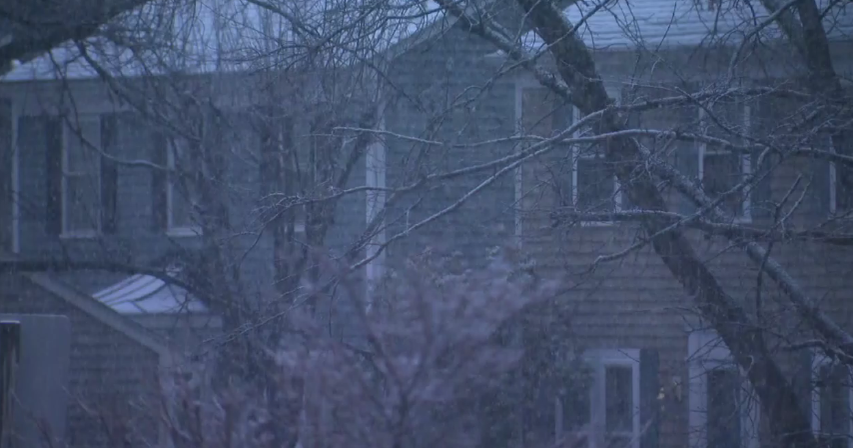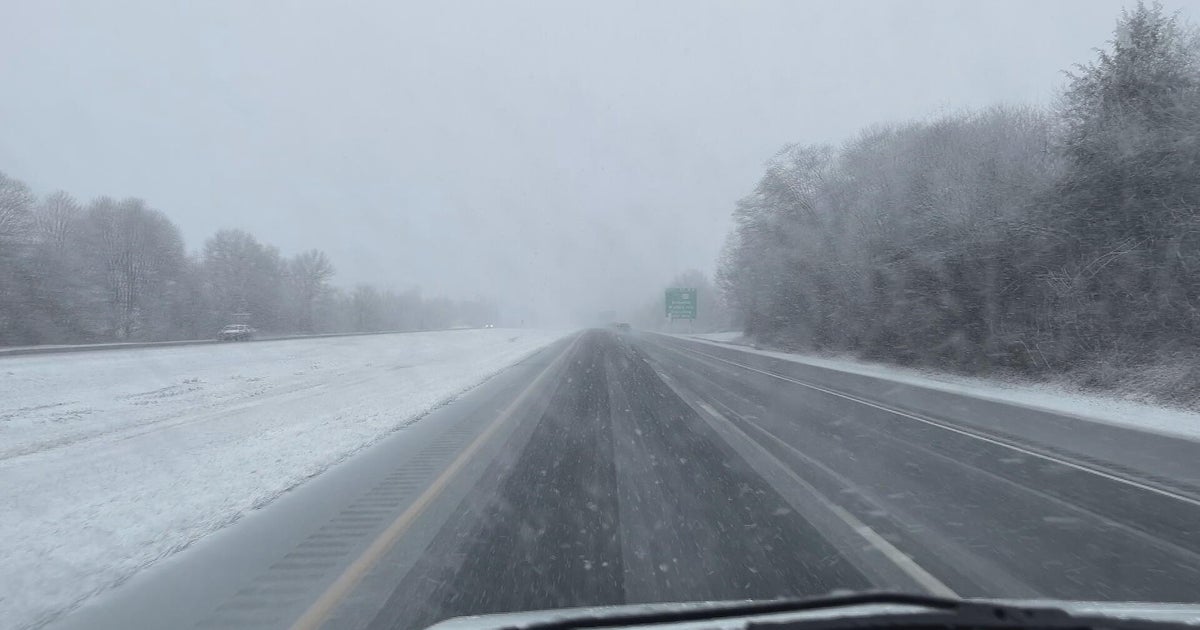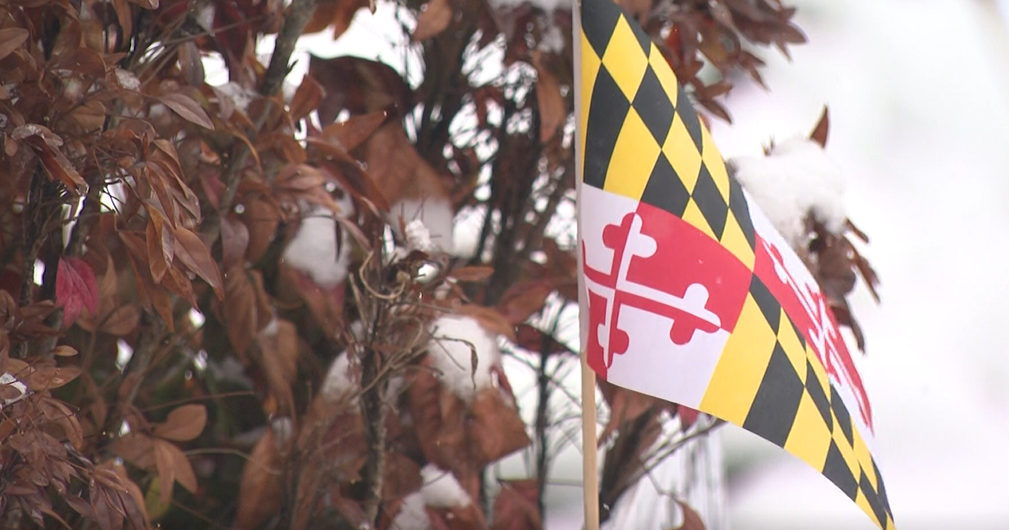'This Is A Powerful Storm That Can Kill': Hurricane Florence's Leading Edge Battering Carolina Coast
Follow CBSPHILLY Facebook Twitter
WILMINGTON, N.C. (CBS/AP) — The big slosh has begun, and the consequences could be disastrous.
Hurricane Florence's leading edge battered the Carolina coast Thursday, bending trees and shooting frothy sea water over streets on the Outer Banks, as the hulking storm closed in with 105 mph winds for a drenching siege that could last all weekend.
Forecasters said conditions will only get more lethal as the storm pushes ashore early Friday near the North Carolina-South Carolina line and makes its way slowly inland. Its surge of ocean water could cover all but a sliver of the Carolina coast under as much as 13 feet, and days of downpours could dump more than 3 feet of rain, touching off severe flooding.
Hurricane Resource Guide
Florence's winds weakened as it drew closer to land, dropping from a peak of 140 mph earlier in the week. On Thursday night, the hurricane was downgraded to a category. 1.
The Miami-based center said in an update at 11 p.m. that the storm's eye was about 50 miles south of Morehead, City, North Carolina. The core is also about 60 miles east-southeast of Wilmington, North Carolina.
But North Carolina Gov. Roy Cooper warned: "Don't relax, don't get complacent. Stay on guard. This is a powerful storm that can kill. Today the threat becomes a reality."
Forecasters said that given the storm's size and sluggish track, it could cause epic damage akin to what the Houston area saw during Hurricane Harvey just over a year ago, with floodwaters swamping homes and businesses and washing over industrial and farm waste sites.
"It truly is really about the whole size of this storm," National Hurricane Center Director Ken Graham said. "The larger and the slower the storm is, the greater the threat and the impact — and we have that."
Schools and businesses closed as far south as Georgia, airlines canceled about 1,200 flights and counting, and coastal towns in the Carolinas were largely emptied out.
Ryan Maue, a meteorologist with weathermodels.com, warns that up to 10 trillion gallons of rain could fall on North Carolina from Florence.
Latest On Hurricane Florence
Around midday, Spanish moss blew sideways in the trees as the winds increased in Wilmington. Some of the few people still left in Nags Head on the Outer Banks took photos of angry waves topped with white froth. By early afternoon, utilities reported about 12,000 homes and businesses were already in the dark.
Wilmington resident Julie Terrell was plenty concerned after walking to breakfast past a row of shops fortified with boards, sandbags and hurricane shutters.
"On a scale of 1 to 10, I'm probably a 7" in terms of worry, she said. "Because it's Mother Nature. You can't predict."
More than 1.7 million people in the Carolinas and Virginia were warned to evacuate over the past few days, and the homes of about 10 million were under watches or warnings for the hurricane or tropical storm conditions.
A woman named Ursula is taking refuge in the Delaware Valley.
She had been driving since 12:30 p.m. Thursday afternoon from her home on the coast of North Carolina.
She has waded through her fair share of flood waters and withstood several hurricanes but decided that Florence would not be her next.
"It's going to be devastating," Ursla tells CBS3's Alex Hoff. "I've been through a lot of hurricanes down there and the worst thing about the Outer Banks is we don't have any drainage."
Pennsylvania Sends Troops, Water Rescue Team For Hurricane Florence Help
Duke Energy Co. said Florence could knock out electricity to three-quarters of its 4 million customers in the Carolinas, and outages could last for weeks. Workers are being brought in from the Midwest and Florida to help in the storm's aftermath, it said.

Scientists said it is too soon to say what role, if any, global warming played in the storm. But previous research has shown that the strongest hurricanes are getting wetter, more intense and intensifying faster because of human-caused climate change.
Florence's weakening as it neared the coast created tension between some who left home and authorities who worried that the storm could still be deadly.
Frustrated after evacuating his beach home for a storm that was later downgraded, retired nurse Frederick Fisher grumbled in the lobby of a Wilmington hotel several miles inland.
"Against my better judgment, due to emotionalism, I evacuated," said Fisher, 74. "I've got four cats inside the house. If I can't get back in a week, after a while they might turn on each other or trash the place."
Authorities pushed back against any suggestion the storm's threat was exaggerated.
The police chief of a barrier island in Florence's bulls'-eye said he was asking for next-of-kin contact information from the few residents who refused to leave.
"I'm not going to put our personnel in harm's way, especially for people that we've already told to evacuate," Wrightsville Beach Police Chief Dan House said.
(© Copyright 2018 CBS Broadcasting Inc. All Rights Reserved. The Associated Press contributed to this report.)







